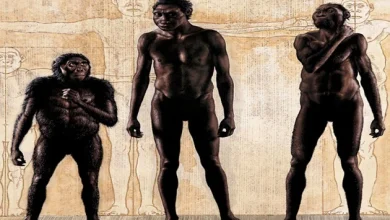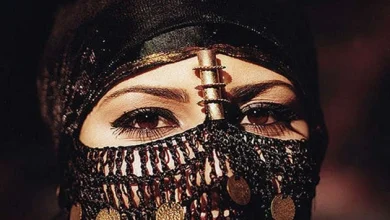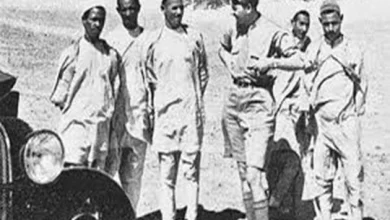How African girl became the goddaughter of Queen of England and pawn in political game
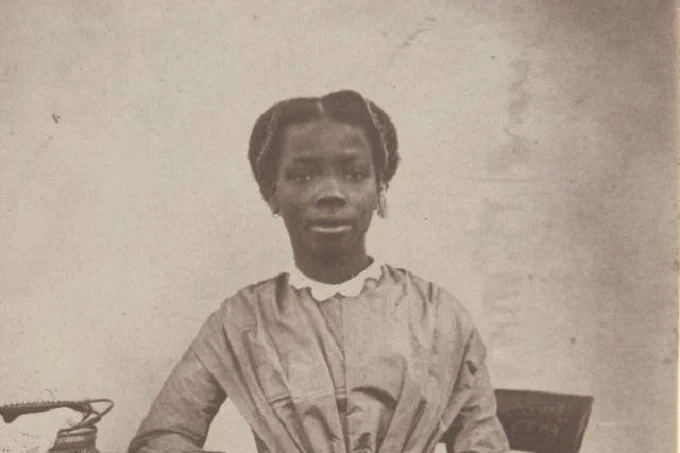
Not everyone knows that the British royal family once included a black girl of 100% African descent. Her name is Sarah Forbes Bonetta – at least after she converted to Christianity.
Sarah Forbes Bonetta did not enter the royal family by right of blood or marriage, but as goddaughter and ward – but to Queen Victoria herself. The girl born in 1843, then already a little girl, having left her native in Oke-Odan, an Egbado Yoruba village, African shore under dramatic circumstances, grew up and was brought up in London and had no idea that she was just a card in a political game for the Queen.
The daughter of a political adversary
Kingdom of Dahomey, a state in what is now Nigeria, was famous for its professional and formidable female army – the Europeans dubbed it the “Dahomey Amazons”. The militant King Gezo of Dahomey introduced a special uniform for this army and greatly expanded it as well as other troops.
He intended to destroy a number of noble clans and conquer several still independent tribes among the Yoruba people, so he prepared for many battles. One of Gezo’s policy victims was a noble family, which was destroyed completely, leaving only one small Omoba (princess) named Aina.
Under other circumstances, one might have assumed that Sarah Forbes Bonetta, whose original name is Omoba Aina, would be made the king’s wife to legitimize his claim to her family’s lands, or raised in the court of Gezo, then made a protégé of his interests. But Gezo was a pagan and very devout. He constantly offered sacrifices to the gods, and they were always human sacrifices, chosen with the utmost care-not some slaves. The little princess had to propitiate the gods once more at the right hour.
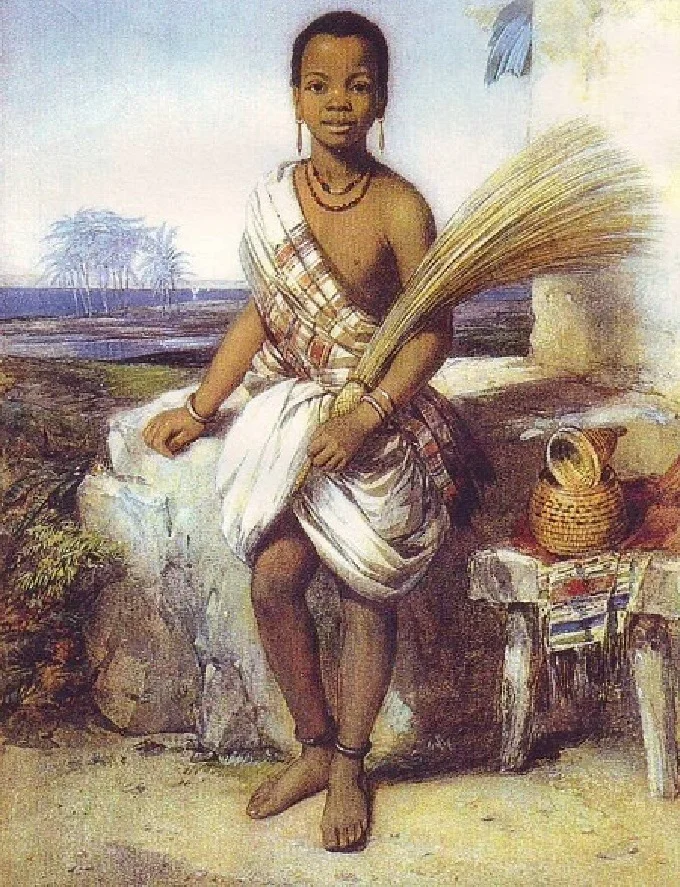
Fortunately for her, the captain of a British ship was at Gezo’s court at the time. His mission was to persuade the king to give up the slave trade. The fact is that Gezo was actively supplying slaves to Europeans from among those he had captured in military operations – to get money for arms and ammunition. Later, it must be said, he switched to supplying palm oil. For now, however, Gezo was at the stage of the slave trade.
Captain Forbes – that was the European’s name – was able to convince him that handing over a little noble girl to Queen Victoria’s court would be the best investment in Dahomey-British relations. For Gezo, it did not seem to matter whose favour to receive – the gods or the Queen over whose empire the sun never sets. Omoba Aina was, in any case, fulfilling exactly the role he had assigned to the girl. And the princess climbed aboard the ship.
The name that appointed destiny
The story of the little princess moved Victoria. She undertook to be the orphan girl’s godmother. Forbes, however, officially adopted the princess. So Aina simultaneously acquired a new name, Sarah, and a new last name, a double Forbes Bonetta. “Bonetta” (that is, “Sweetheart”) was the name of the ship on which Aina-Sara was taken from Africa.
Being officially Forbes’ daughter, Sarah was not raised in the palace. But with her godmother, she was, of course, in active contact. She was given an upbringing worthy of her noble birth: taught all the necessary disciplines as well as manners and the Word of God. Forbes could not have been pleased with how quickly the girl mastered both language and behavioural requirements and educational subjects.
“She’s a real genius. She now speaks excellent English and shows considerable musical talent. She won the favour of everyone who knows her, with a few exceptions; she is far ahead of any white child of her age, gifted in the field of study, fortitude and emotions, ”the captain wrote about his pupil.
“She’s a real genius. She now speaks excellent English and displays considerable musical talent. She has won the favour of all who know her, with few exceptions; she is far ahead of any white child her age, gifted in learning, the strength of mind and emotion,” the captain wrote of his ward.
However, the foster father soon died, and Sarah began to be constantly ill. The girl’s doctors thought it was the northern climate (although the problem was probably the environmental conditions in London at the time). Victoria was advised to send her goddaughter to a more familiar latitude. So Sarah ended up in Sierra Leone, in missionary leather. But she begged to be returned to England. She no longer felt African – in culture, self-perception, English, and away from London, she was unhappy for psychological reasons.
Queen Victoria encouraged her goddaughter’s progress in every way possible and, incidentally, painted her portrait herself and commissioned a separate portrait of Sarah in her family’s traditional attire. Sarah’s future now seemed unclouded. She made sure that her godmother was always pleased with her; she herself always had new clothes, fresh food, and good books. Life seemed to get back on track once and for all.
Sarah had no idea yet that all this education and upbringing had not been given to her so that she could live the normal life of an Englishwoman in London, under the wing of the Queen. It was not by chance that she had been named Sarah, the biblical progenitor of the Jewish people and also believed to have taught the Jews, along with her husband, to believe in one God. In this name lay the key to the role Victoria envisioned for her goddaughter.
Noble girls don’t marry for love
When Sarah reached marriageable age, she may well have begun to be courted by the young men of London. After all, judging from nineteenth-century English literature, it was quite possible to see a girl of distinctly both African and European descent in high society.
Perhaps Sarah was also looking at someone from the vast (several hundred people) African diasporas in London, but that was unlikely – most of that diaspora was of unsuitable estates. But Sarah was not allowed to wait for love to be born in her heart.
In Victoria’s eyes, Sarah was to become one of the founders of a new African culture. When a British businessman from a noble Yoruba family suited her, the Queen began to press Sara to accept the proposal. A former officer, well-educated, well-mannered, and a firm grasp of all the values of Christian culture – the groom was exactly as the Queen personally would have chosen him for her project.
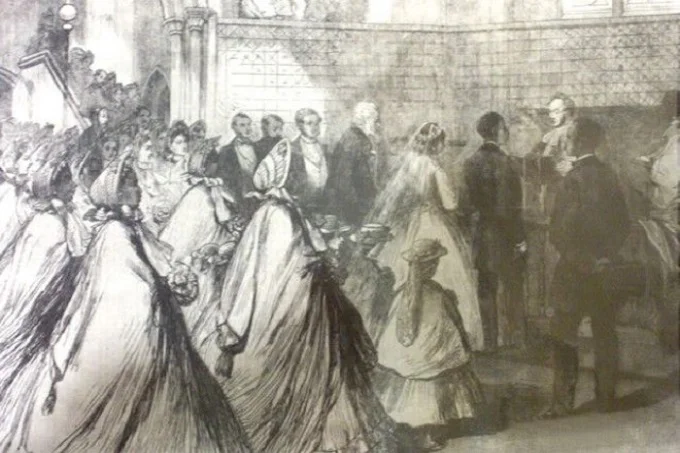
Sarah and her husband had to move to their homeland for permanent residence in order to spread truly British education, upbringing and cultural values there. No matter how Sarah begged her godmother to take pity on her, she was adamant: every noble girl has a duty, and all the dictates of her heart must obey this duty. So it was and so it will be.
Sarah and her husband were to move permanently to their homeland to spread a truly British education, upbringing, and cultural values. As much as Sarah begged her godmother to pity her, she was adamant: Every noble girl has a duty, and all the dictates of the heart must obey that duty. So it was, and so it shall be.
Aina is back in Africa.
Sarah became Mrs James Davis and left English shores. Before that, a lavish wedding, appropriate to the bride’s lineage and position, was played. For this wedding, to the delight of London, ten selected horses were carried in a decorated carriage by sixteen sumptuously dressed bridesmaids. Many nobles of African descent also attended the wedding. This was in 1862. Sarah signed the wedding license with her birthright name, Aina.
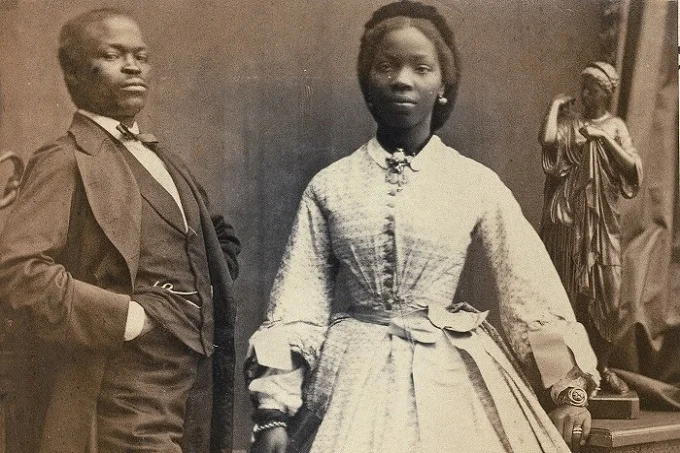
The young Davis family left for Africa for Lagos, recently liberated by the British from the kingdom of Benin (and immediately colonized by Britain). Lagos stood on Yoruba lands, so Sarah had to hear her native tongue around her. And Lagos was also to be the centre for spreading the new African culture as Victoria saw it.
James ran a business, and Sarah taught children at the local school. She also, of course, had children with James. She named her first-born daughter Victoria; the Queen also became her godmother. Alas, Sarah only lived to be thirty-seven, probably dying of tuberculosis. Victoria Davies, already a teenager, who was just visiting London, was consoled by Her Majesty Victoria. She took it upon herself to support the orphan and regularly invited her to spend time with the royal family. Sarah Forbes is not the only black girl expected to open doors to a new world.

